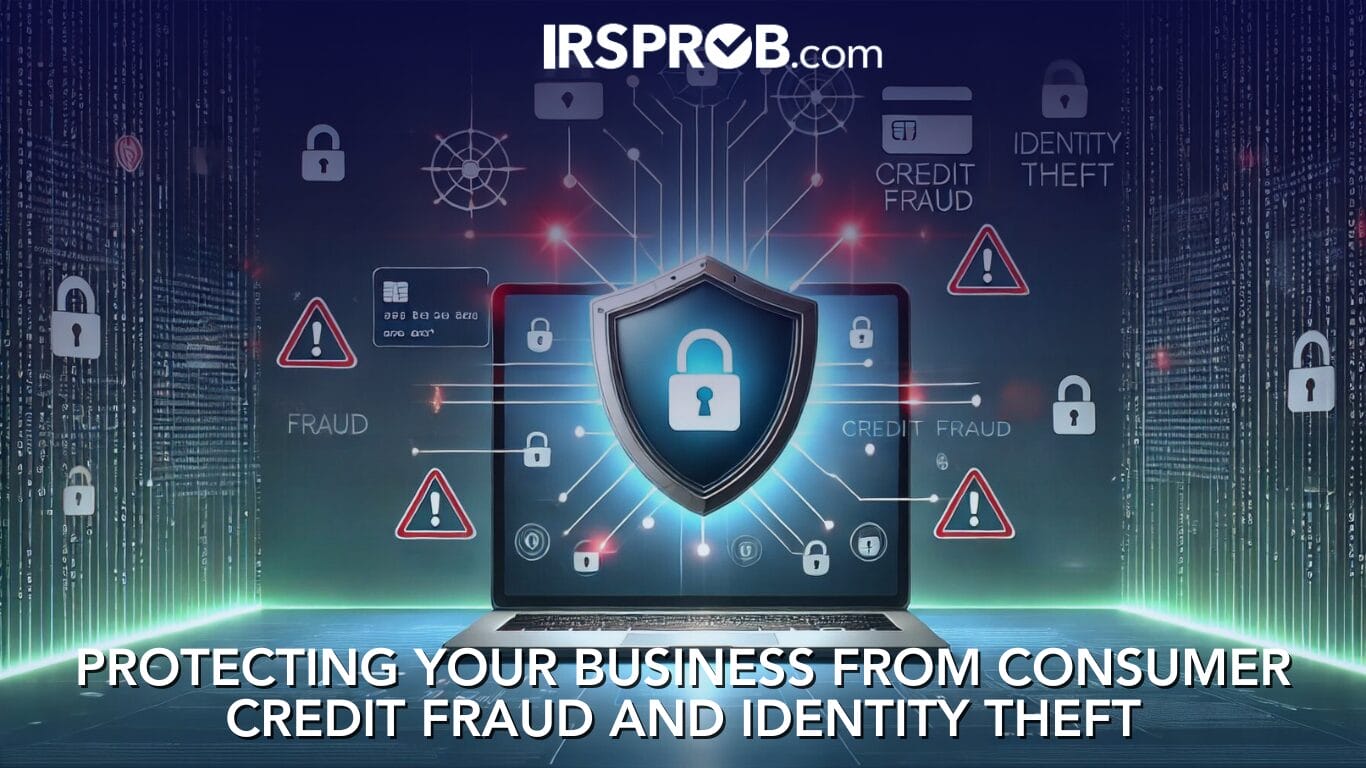
As a business owner, protecting your financial information is paramount. In today’s digital age, fraudsters are more sophisticated than ever, and consumer credit fraud or identity theft can devastate both personal and business finances. Ensuring you have the right precautions in place can safeguard your business from potential losses.
Steps to Take if You Become a Victim
If your credit card or business identity is compromised, swift action is crucial. Here are the necessary steps to mitigate the damage:
- Report to the Police: File a police report immediately. Having an official case number will be essential when contacting your credit card issuers, banks, and insurance companies. This serves as a formal record of the incident.
- Contact Credit Card Issuers: Once the crime has been reported, immediately reach out to your credit card providers. Request new account numbers and ensure the old accounts are marked as “closed at the consumer’s request.” Be sure to follow up with a letter confirming your request for proper documentation.
- Inform Credit Reporting Bureaus: Place a fraud alert on your credit report with the major credit reporting bureaus: Equifax, Experian, and TransUnion. Once one of these bureaus places an alert, the other two will be automatically notified.
- Equifax: www.equifax.com
- Experian: www.experian.com
- TransUnion: www.transunion.com
- Notify the Social Security Administration: If your Social Security number has been misused, notify the Social Security Administration’s Office of Inspector General at 800-269-0271.
- File a Complaint with the Federal Trade Commission (FTC): The FTC handles identity theft cases and provides resources to help victims. File a complaint at www.identitytheft.gov.
Safeguarding Your Business from Fraud
Being proactive in protecting your business can save you from financial hardship and potential legal issues. Here are a few critical measures business owners should adopt:
- Monitor Accounts Regularly: Regularly review your credit reports and financial statements to catch any unusual activity as early as possible. Business owners should take advantage of free credit reports available annually from www.annualcreditreport.com.
- Secure Sensitive Information: Be vigilant in securing sensitive business data. Use encrypted file storage, secure email protocols, and train your staff to recognize phishing scams.
- Work with Reputable Credit Counselors: If you find yourself in a financial bind, seek out reputable credit counseling agencies that are certified and trained in debt management. Avoid organizations that push specific debt management plans before reviewing your entire financial situation. Organizations associated with universities, military bases, and nonprofit institutions often provide trustworthy advice.
The Risk of Debt Negotiation Programs
For business owners struggling with debt, debt negotiation programs may seem like an attractive solution, but they come with risks. Debt negotiation is not the same as credit counseling and can have a detrimental effect on your credit score. Many debt negotiation companies charge high fees and may fail to deliver the results they promise.
Be wary of companies that:
- Guarantee they can erase unsecured debt.
- Charge substantial monthly fees or a percentage of savings.
- Advise you to stop making payments to creditors.
Protecting Yourself from Fraudulent Schemes
Fraud prevention is better than cure, and adopting the right practices can protect your business and personal finances. Here are a few tips to help you stay vigilant:
- Never Share Personal Information: Avoid sharing sensitive financial information over the phone or online unless you initiated the contact. Fraudsters often use phishing tactics to gain unauthorized access to your accounts.
- Review Statements and Credit Reports: Regularly reviewing your financial statements and credit reports can help you spot fraud early. Look for unfamiliar transactions and address them immediately.
- Be Wary of IRS Scams: The IRS will never call or send unsolicited emails asking for personal or financial information. If you receive such communication, it’s likely a scam, and you should report it to the proper authorities.
Conclusion
While the threat of credit fraud and identity theft is real, being prepared and taking the right steps can make a significant difference in how well you protect your business. From monitoring your accounts to working with legitimate credit counseling services, a little diligence can go a long way in safeguarding your financial future. Stay informed, stay vigilant, and ensure you and your business remain protected.
For more detailed tax and financial advice, don’t hesitate to reach out to a professional.







